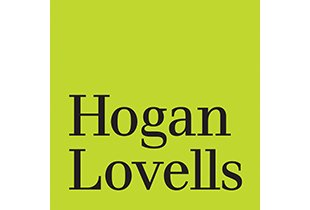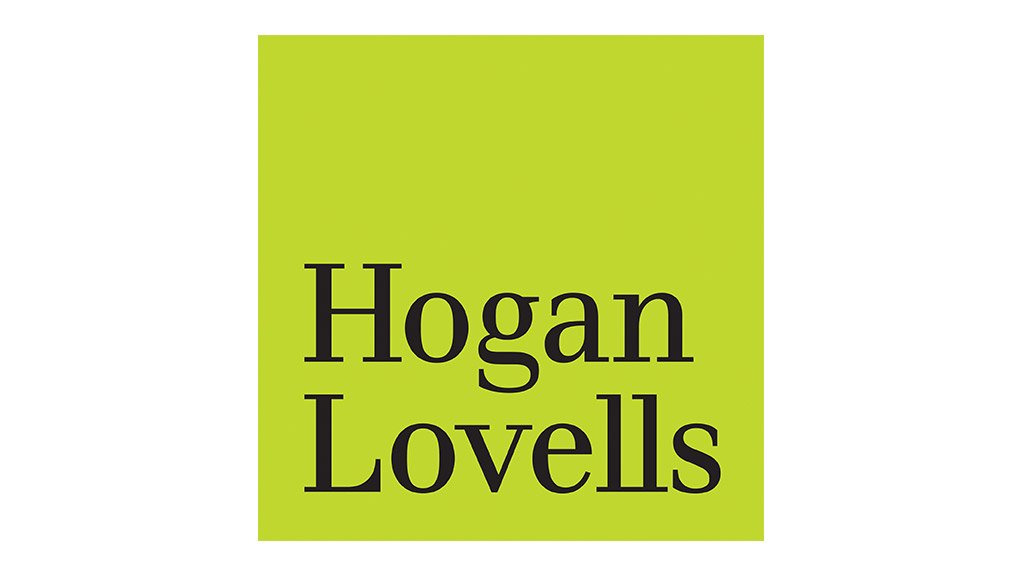In the Royal Bafokeng Nation "a king is a king by virtue of the people" (kgosi ke kgosi ka morafe). This was endorsed by the South African High Court in a decision extending the principle of direct democracy in the Royal Bafokeng Nation's (RBN) customary law.
The court had to decide whether the RBN could institute significant legal proceedings without consulting the community. These proceedings were of great public concern because they would impact the registration of community land and impact a long-running community dispute regarding the rightful ownership of property.
After analysing RBN's customary practices, and considering the contentious nature of the legal matter, the court held that the Supreme Council of the RBN couldn't unilaterally decide to institute litigation of this magnitude. There was a legal duty to consult widely with the community beforehand.
Because there was no wide consultation with the community, the court found that the RBN had no authority to institute the legal proceedings, and that RBN's attorneys had no authority to act in the legal proceedings.
The nature of the legal dispute
The Minister of Land Affairs was reflected as the registered owner who held over 60 properties "in trust for" the Royal Bafokeng Nation. The RBN disputed the existence of any trust or trust relationship between the Minister and the RBN, and asked the court to declare the RBN as the owner of these properties, and to direct the Registrar of Deeds to register the properties its name.
The Bafokeng Land Buyer Association (the Association) is a group of RBN community members that claims it is the rightful owner of some of the properties, because these properties were originally bought by their ancestors. The Association intervened in RBN's case as an interested party.
Consultation structures in the Royal Bafokeng Nation
The Royal Bafokeng Nation is a traditional community of approximately 300 000 people, recognised in terms of the Traditional Leadership and Governance Framework Act 41 of 2003. The RBN has three levels in its governance structure.
The Supreme Council (L1) is the uppermost structure. It is a joint sitting of the RBN's executive council and the Council of Dikgosana (L3). The Supreme Council meets four times a year and has historically taken important decisions relating to the community. It ultimately takes few decisions, however, and serves chiefly as a forum for discussion and information sharing.
The Kgotha Kgothe (L2) is a broader community level. It is a general meeting of all the community members. The Kgotha Kgothe meets twice a year. It is generally not a decision-making body, but it serves as a forum for the RBN administration to report back to community members, and for community members to raise matters for discussion. All important matters go before the Kgotha Kgothe (L2) for debate and input, and the members at the meeting can overturn any decision.
The Makgotla (L3) operates at a local level. The community has 29 villages divided into 72 Dikgoro (wards). Each Dikgoro is led by a hereditary Dikgosana and meets monthly in its local Kgotla. The Dikgosana also sit as part of the Supreme Council (L1). Community members may ask their Dikgosana to take any local matter up to the Supreme Council (L1). The monthly Kgotla (L3) meetings play a vital governance role, and all disputes are mediated and resolved at this level.
In this structure democracy works from the bottom upwards. The members of the community participate directly in the Makgotla (L3) and the Kgotha Kgothe (L2). They are also represented by their Dikgosana (L2) at the meetings of the Supreme Council (L1).
The Association’s legal challenge to the Supreme Council's decision
During September 2005 the Royal Bafokeng Nation's Supreme Council passed a resolution authorising the institution of legal proceedings. The Association directly challenged this resolution because the Supreme Council "does not have the power to make a decision of this sort, at least not alone. Insofar as the Council does have decision-making powers on such matters, it has to consult very broadly within the traditional community before doing so, and act on the community's wishes".
It was common cause that the resolution was passed by the Supreme Council without any discussion within the Makgotla (L3) or Kgotha Kgothe (L2). There was also no report back to the community after the resolution was passed.
The court accordingly had to determine if the Supreme Council had a legal obligation to consult broadly with the community before taking this decision.
The court analysed the decision-making structures, the values publicly pronounced by the Kgosi (king), and past practice. The court found that it was part of the RBN's customary law that all matters of a "public concern" had to be referred to broad consultation for the community to debate. The court, however, disagreed with the argument that the Kgosi had the sole right to determine which matters were of a "public concern" and needed to be referred to broader consultation.
The court emphasised that customary law must be interpreted in light of the South African Constitution and its values, finding that public consultation and participation in decision-making are key components in promoting and strengthening democracy, and protecting rights and freedoms. Without a duty to consult the community, the community wouldn't have any ability to participate in the management of their assets.
The court accordingly held that there is a duty under RBN's customary law to consult with the community on matters of public importance. The Supreme Council's failure to consult with the community regarding the legal proceedings meant that there was no valid decision to proceed with the court case.
Written by Clinton Pavlovic, senior associate at Hogan Lovells (South Africa)






